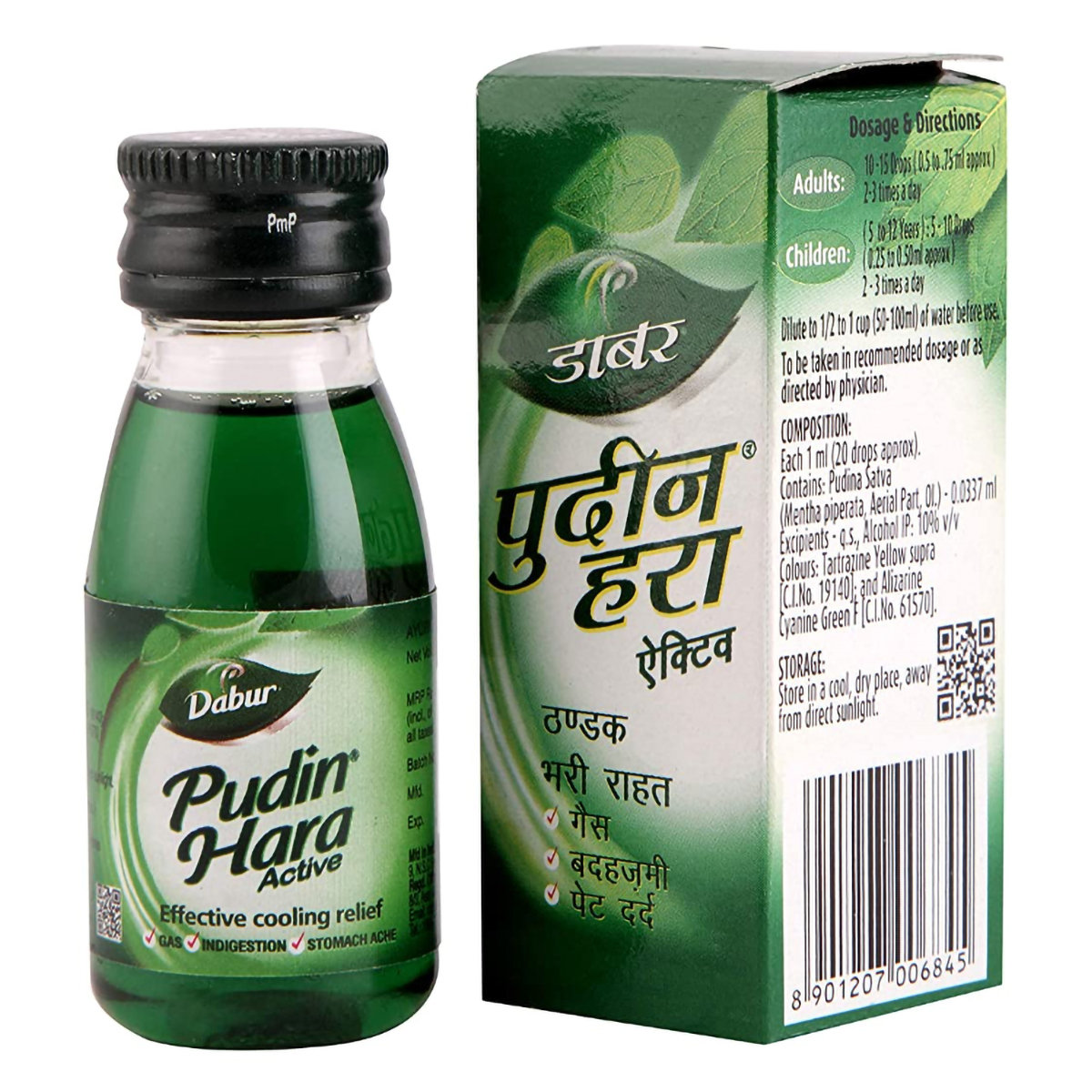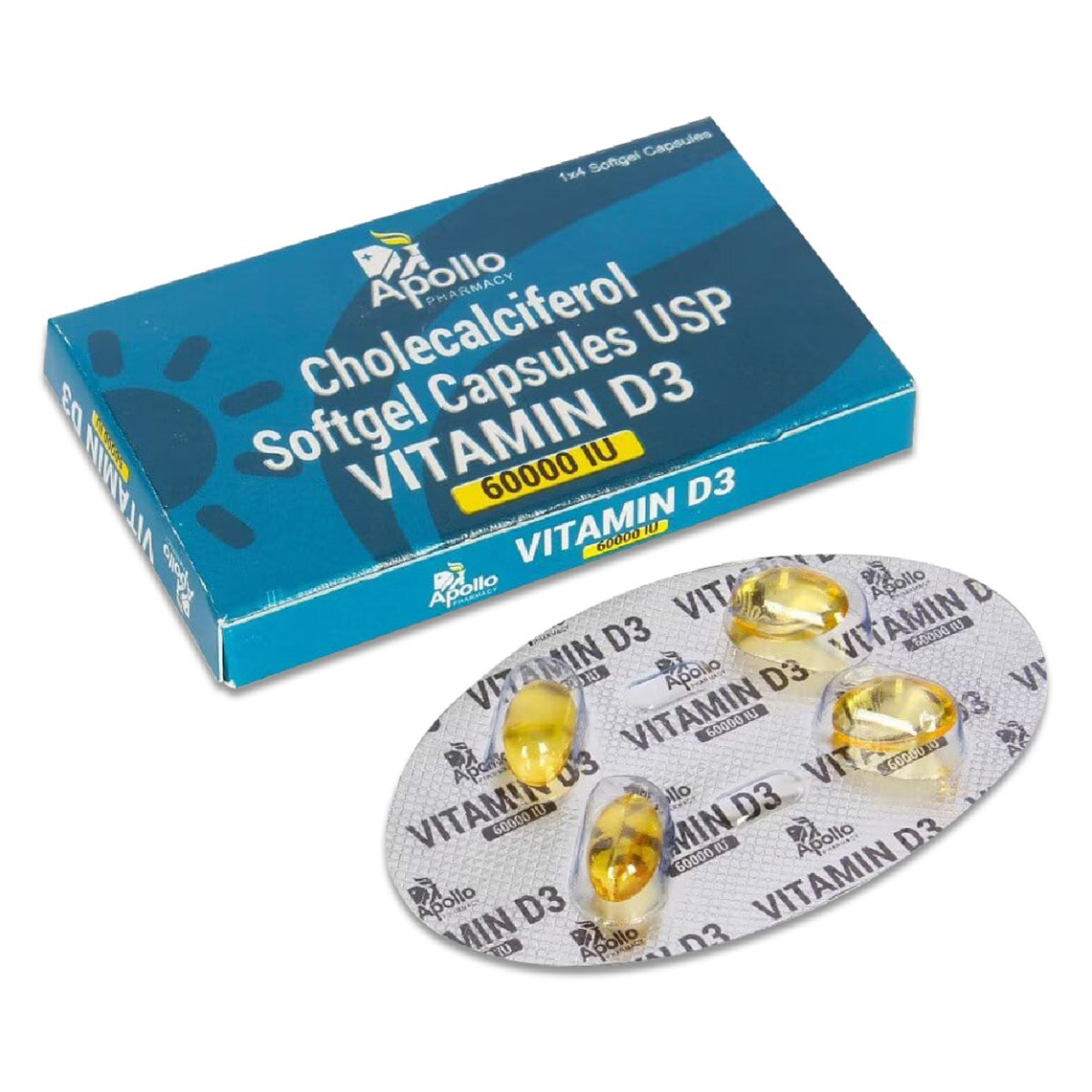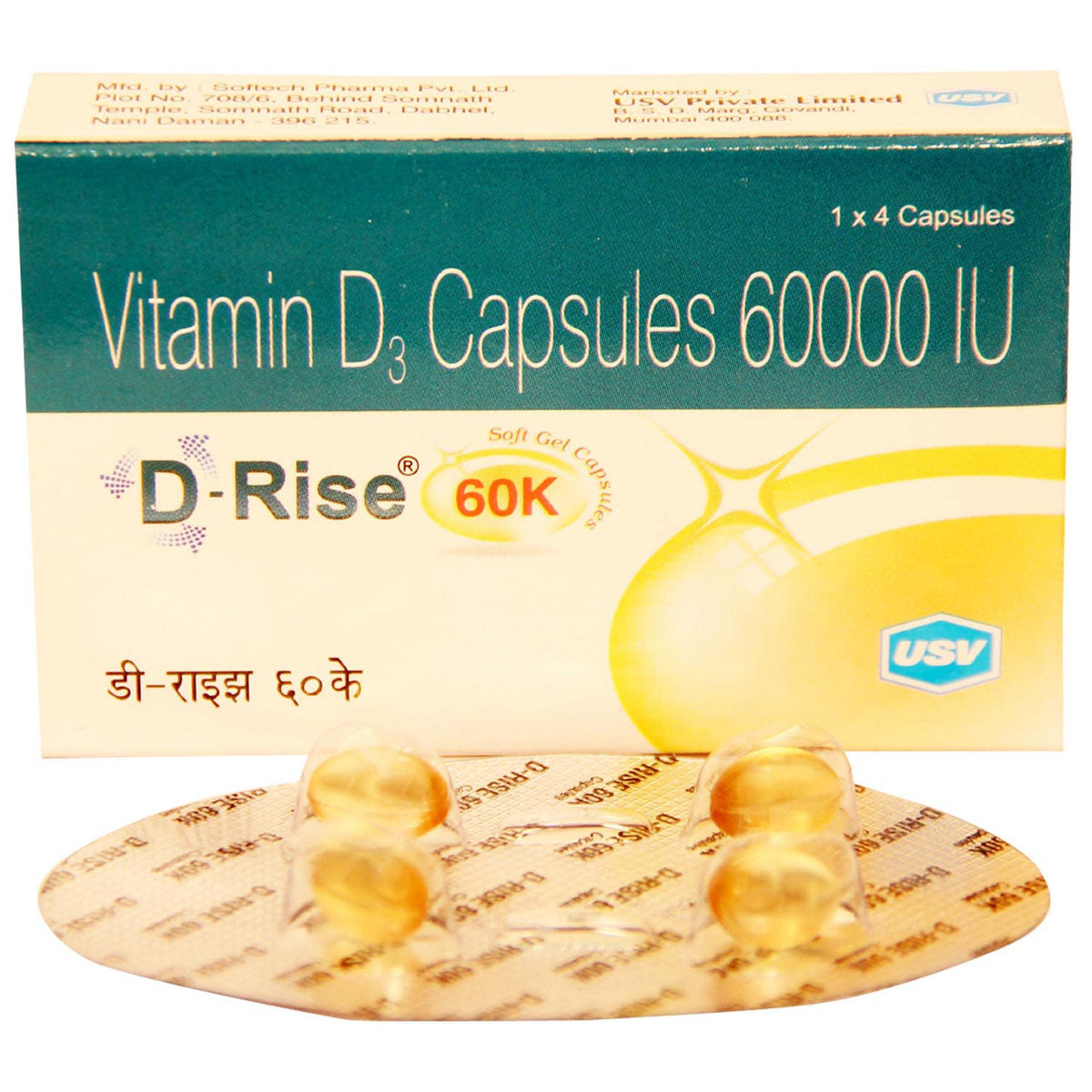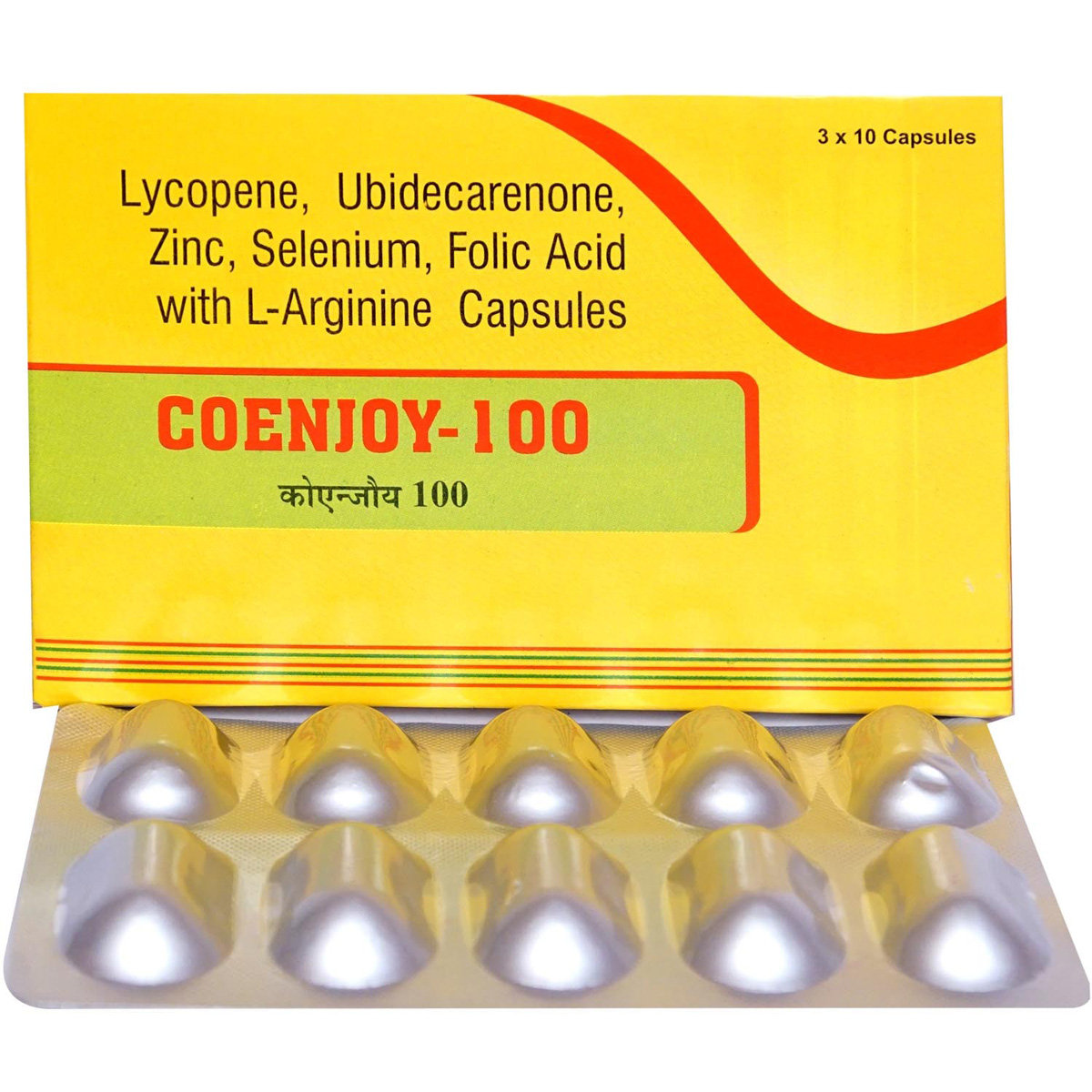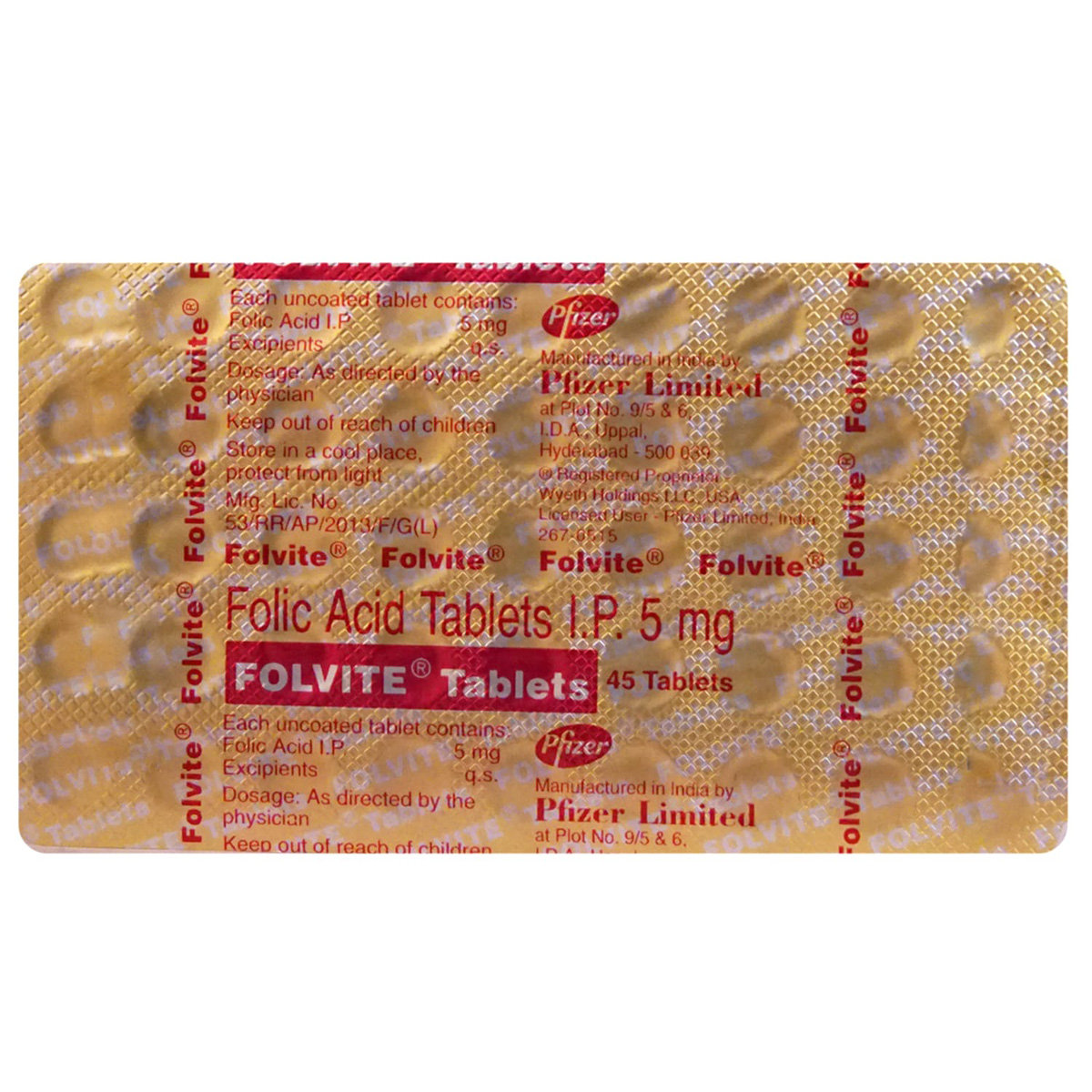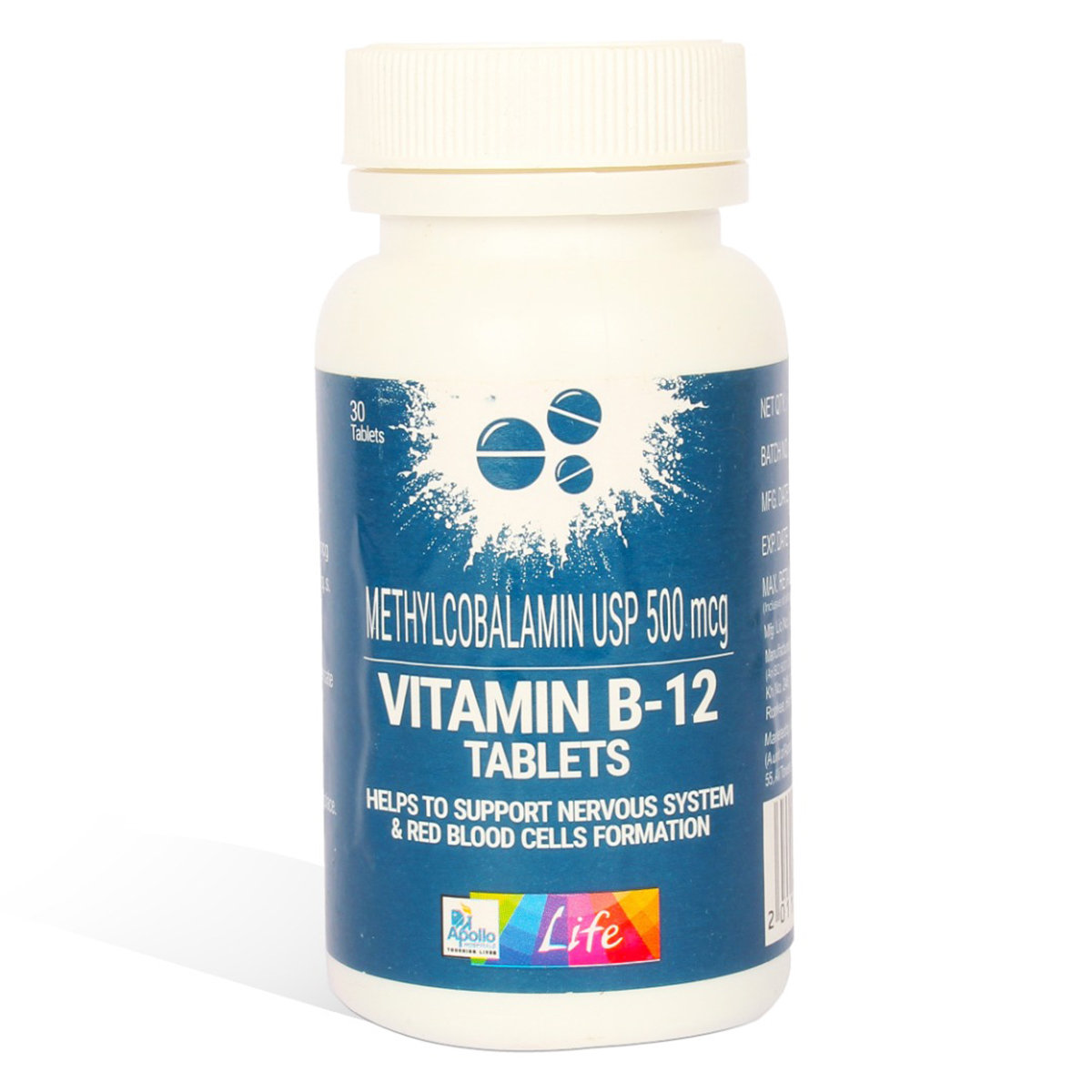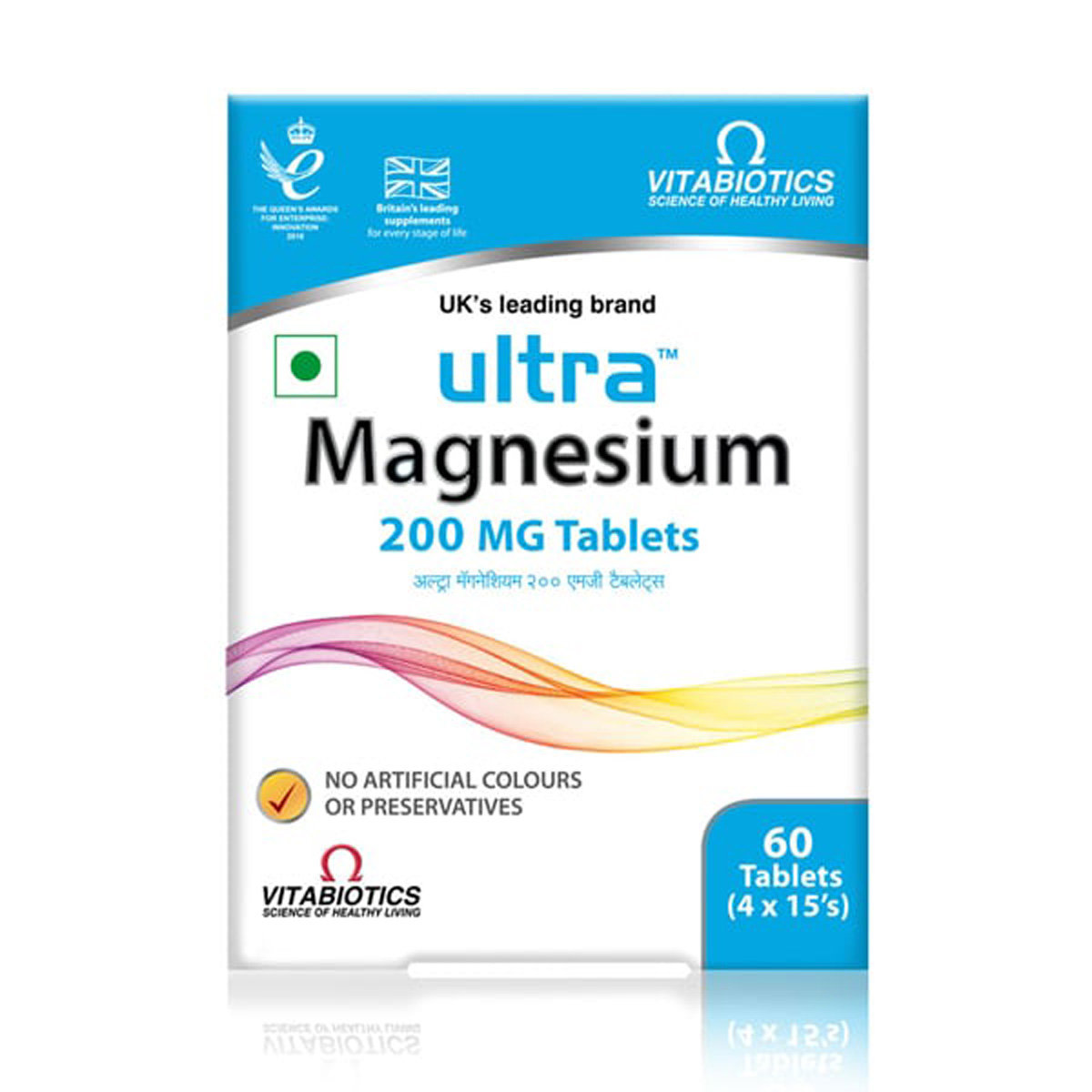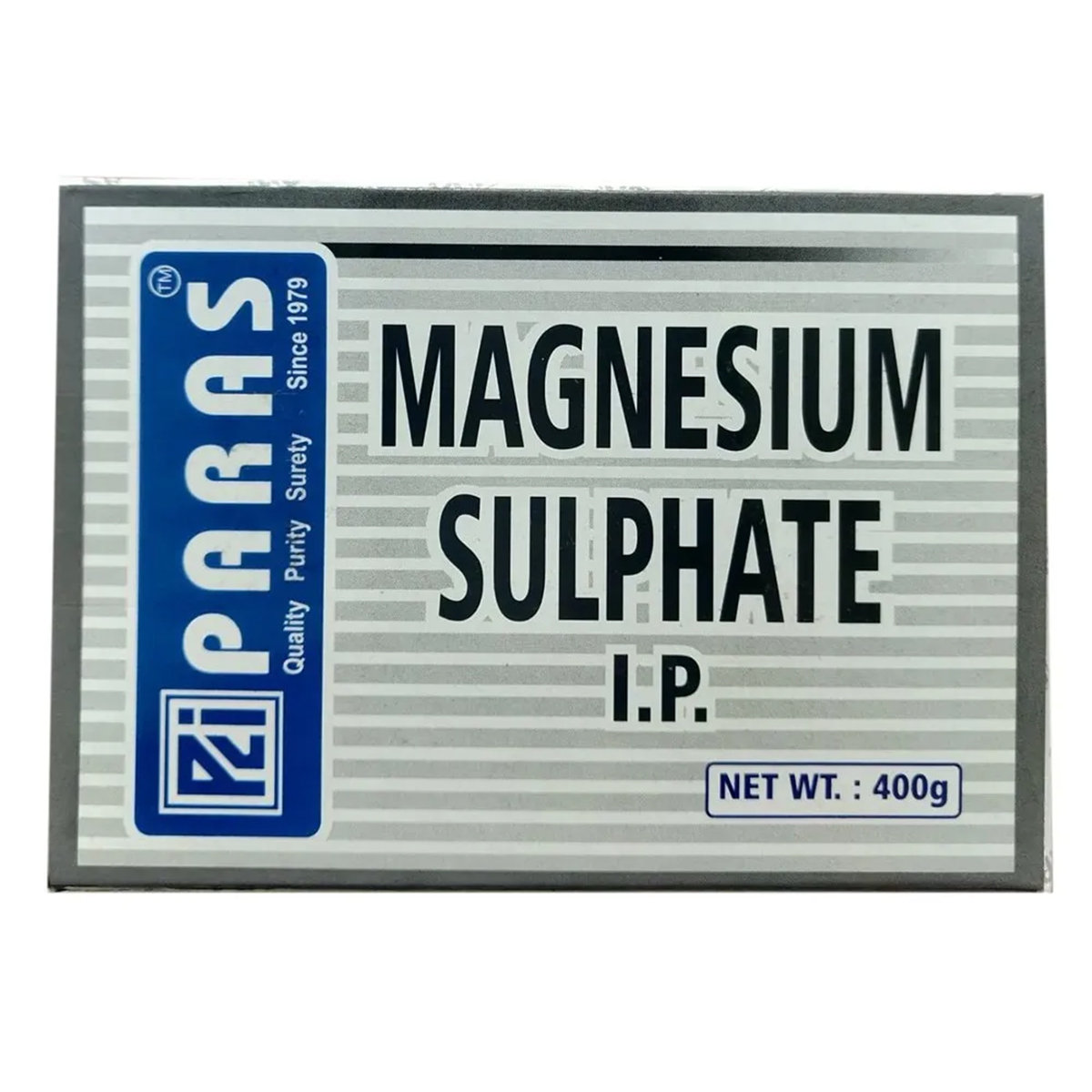U-Frag 500000IU Injection
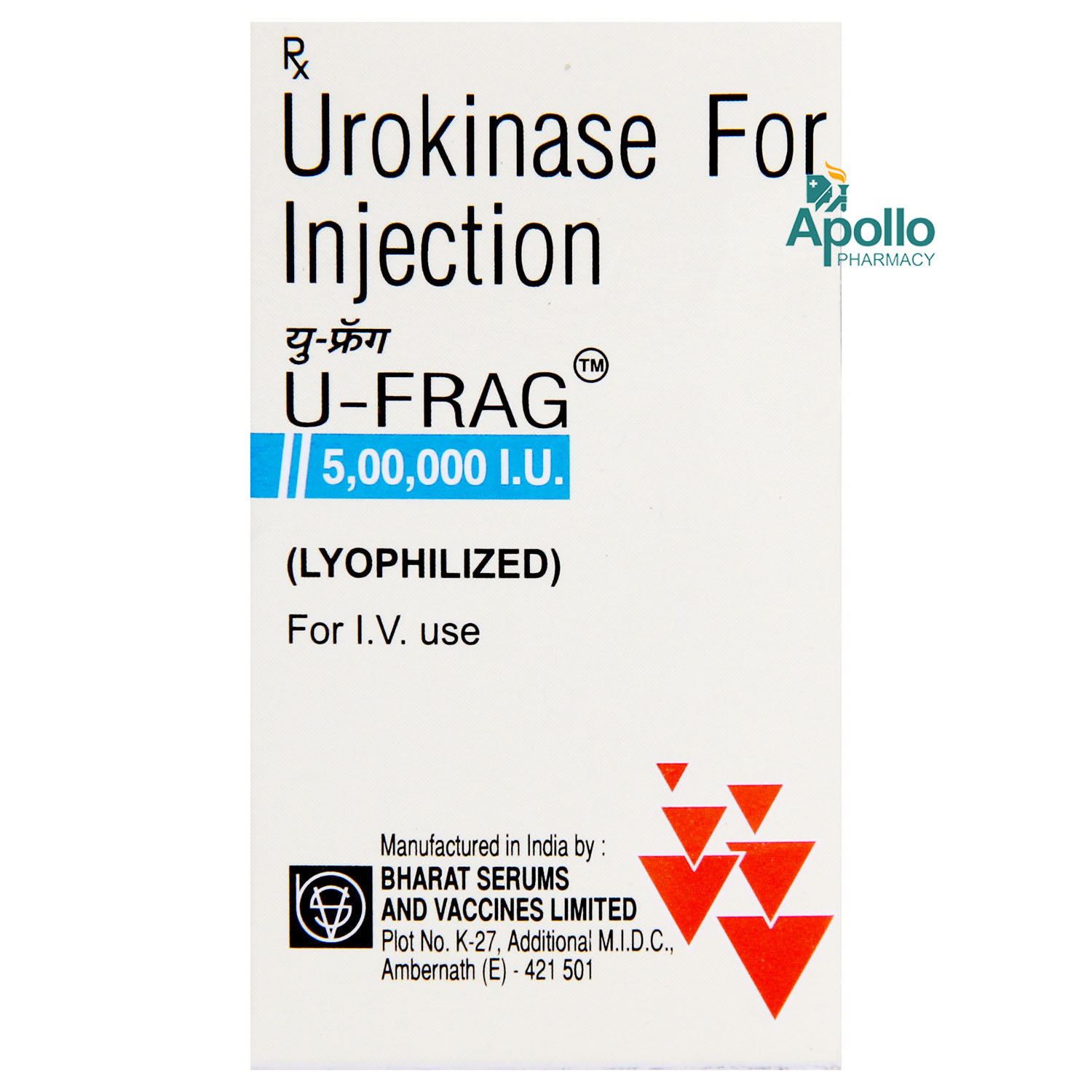



MRP ₹3672
(Inclusive of all Taxes)
₹550.8 Cashback (15%)
know your delivery time
Provide Delivery Location
Composition :
Manufacturer/Marketer :
Consume Type :
Expires on or after :
Return Policy :

Secure Payment

Trusted by 8 Crore Indians

Genuine Products
Therapeutic Class
Country of origin
Manufacturer/Marketer address
Author Details
We provide you with authentic, trustworthy and relevant information
Disclaimer
Alcohol
Safe if prescribed
Avoid the consumption of alcohol with U-Frag 500000IU Injection as it may increase the risk of bleeding.
Pregnancy
Consult your doctor
U-Frag 500000IU Injection is not recommended during pregnancy or immediately after the delivery unless advised by the doctor. Please consult a doctor if you are pregnant or planning for pregnancy.
Breast Feeding
Consult your doctor
Breastfeeding is not recommended during treatment with U-Frag 500000IU Injection. Please consult a doctor if you have any concerns.
Driving
Safe if prescribed
It is unclear whether U-Frag 500000IU Injection impacts your ability to drive or operate machinery. However, drive or operate machinery only if you are alert.
Liver
Consult your doctor
Let your doctor know if you have a history of liver diseases/conditions. Your doctor will prescribe only if the benefits outweigh the risks.
Kidney
Consult your doctor
Let your doctor know if you have a history of kidney diseases/conditions. Your doctor will prescribe only if the benefits outweigh the risks.
Children
Safe if prescribed
U-Frag 500000IU Injection is not recommended for children as safety and effectiveness have not been established.
Product Substitutes
Keep Refrigerated. Do not freeze.Prepaid payment required.
About U-Frag 500000IU Injection
U-Frag 500000IU Injection belongs to a class of drugs called antithrombotic agents used to dissolve harmful blood clots in blood vessels. It is used in conditions such as peripheral vascular thromboembolism (blood clot in a large vein), cerebral thrombosis (blood clot in venous sinuses of the brain), cerebral infarction (stroke), myocardial infarction (heart attack), and pulmonary embolism (blood clots in the lungs).
U-Frag 500000IU Injection contains urokinase that works by converting plasminogen to the enzyme plasmin. Plasmin degrades fibrin clots as well as fibrinogen and some other plasma proteins. It effectively dissolves the blood clots, restoring the blood flow to the affected area.
U-Frag 500000IU Injection will be administered by a healthcare professional. In some cases, U-Frag 500000IU Injection may cause unusual bleeding, nausea, vomiting, and loss of appetite. Most of these side effects do not necessitate medical treatment and fade away with time. Please visit your doctor if the side effects persist or worsen.
If you are pregnant or breastfeeding, inform your doctor before taking U-Frag 500000IU Injection. Keep your doctor updated on your medical condition and medications to rule out any potential interactions. Avoid consuming alcohol along with U-Frag 500000IU Injection as it could increase the risk of bleeding. U-Frag 500000IU Injection should not be given to children because its safety and effectiveness have not been proven.
Uses of U-Frag 500000IU Injection
Medicinal Benefits Mweb
Key Benefits
U-Frag 500000IU Injection belongs to a class of drugs known as antithrombotic medications. U-Frag 500000IU Injection contains urokinase. It works by dissolving or lysing the harmful or unwanted blood clots in the blood vessels. Thus it restores the blood flow to the affected blood vessels, preventing various illnesses caused by blood clots. It is used in conditions such as peripheral vascular thromboembolism (blood clot in a large vein), cerebral thrombosis (blood clot in venous sinuses of the brain), cerebral infarction (stroke), myocardial infarction (heart attack), and pulmonary embolism (blood clots in the lungs).
Directions for Use
Side Effects of U-Frag 500000IU Injection
- Unusual bleeding
- Nausea
- Vomiting
- Loss of appetite
Drug Warnings
Before taking U-Frag 500000IU Injection, tell your doctor if you are pregnant or breastfeeding. U-Frag 500000IU Injection should be used with caution in elderly people because they are at significant risk of bleeding. If you have active tuberculosis, stomach ulcers, severe uncontrolled arterial hypertension, bleeding abnormalities, severe hepatic or renal diseases, inform your doctor before taking U-Frag 500000IU Injection. Also, let your doctor know if you have had a recent cerebrovascular accident, as well as intracranial or intraspinal surgery. Inform your doctor that you take U-Frag 500000IU Injection if are due to undergo surgery. You should avoid alcohol because it increases the risk of bleeding. U-Frag 500000IU Injection is not recommended for children since its safety and effectiveness have not been proven.
Drug-Drug Interactions
Drug-Drug Interactions
Login/Sign Up
Co-administration of Prasugrel with U-Frag 500000IU Injection can increase the risk of bleeding leading to serious blood loss.
How to manage the interaction:
Although taking Prasugrel and U-Frag 500000IU Injection together can evidently cause an interaction, it can be taken if a doctor has suggested it. However, if you experience unusual bleeding or bruising, dizziness, lightheadedness, red or black, tarry stools, coughing up or vomiting fresh or dried blood that looks like coffee grounds, severe headache, and weakness, consult the doctor. Do not stop using any medications without a doctor's advice.
Co-administration of Ibrutinib with U-Frag 500000IU Injection can increase the risk of bleeding leading to serious blood loss.
How to manage the interaction:
Taking Ibrutinib with U-Frag 500000IU Injection together can result in an interaction, but it can be taken if a doctor has advised it. However, if you experience unusual bleeding or bruising, dizziness, lightheadedness, red or black, tarry stools, coughing up or vomiting fresh or dried blood that looks like coffee grounds, severe headache, and weakness, consult a doctor. Do not stop using any medications without a doctor's advice.
Combining Dasatinib with U-Frag 500000IU Injection can increase the risk and severity of bleeding and hemorrhage.
How to manage the interaction:
Co-administration of U-Frag 500000IU Injection with Dasatinib can result in an interaction, but it can be taken if a doctor has advised it. If you notice any of these signs, it's important to contact a doctor right away: bleeding, problems, bruising, feeling dizzy or lightheaded, stools that are red or black and sticky, intense headache, weakness, bleeding, or vomiting. Do not discontinue any medications without consulting a doctor.
Taking Heparin with U-Frag 500000IU Injection can increase the risk of bleeding.
How to manage the interaction:
Co-administration of Heparin with U-Frag 500000IU Injection can result in an interaction, but it can be taken if a doctor has advised it. However, if you have unusual bleeding or bruising, vomiting, blood in your urine or stools, headache, dizziness, or weakness, consult a doctor immediately. Do not stop using any medications without a doctor's advice.
Taking U-Frag 500000IU Injection with Enoxaparin can increase the risk or severity of bleeding.
How to manage the interaction:
Although there is a possible interaction between Enoxaparin and U-Frag 500000IU Injection, you can take these medicines together if prescribed by your doctor. If you notice any symptoms like bleeding, bruising, dizziness, black or tarry stools, weakness, vomiting, or headaches, it is important to contact a doctor right away. Do not stop using any medications without talking to a doctor.
Coadministration of warfarin with U-Frag 500000IU Injection can increase the risk of bleeding.
How to manage the interaction:
Although taking U-Frag 500000IU Injection and warfarin together can result in an interaction, it can be taken if a doctor has prescribed it. However, if you experience unusual bleeding or bruising, dizziness, lightheadedness, red or black, tarry stools, coughing up or vomiting fresh or dried blood that looks like coffee grounds, severe headache, and weakness, consult a doctor. Do not stop using any medications without a doctor's advice.
Combining U-Frag 500000IU Injection with Dalteparin can increase the risk of bleeding.
How to manage the interaction:
Although taking Dalteparin with U-Frag 500000IU Injection may possibly lead to an interaction, they can be taken if a doctor prescribes it. Consult a doctor if you have any symptoms including dizziness, lightheadedness, red or black, tarry stools, coughing up or vomiting fresh or dried blood that resembles coffee grounds, severe headache, and weakness. Without consulting a doctor, never stop taking any medication.
Coadministration of U-Frag 500000IU Injection and Apixaban co-administration may raise the risk of bleeding.
How to manage the interaction:
Even though combining U-Frag 500000IU Injection and Apixaban may cause an interaction, it is still possible to take it if your doctor advises you to. Consult a doctor if you experience symptoms like blood in your urine or stool (or a black stool), severe bruising, prolonged nosebleeds, feeling dizzy or lightheaded, weakness or severe headache, vomiting blood or coughing up blood, heavy menstrual bleeding (in women), difficulty breathing, or chest pain. Without consulting a doctor, never stop taking any medications.
Co-administration of U-Frag 500000IU Injection and Rivaroxaban can increase the risk of bleeding problems.
How to manage the interaction:
Co-administration of U-Frag 500000IU Injection and Rivaroxaban can lead to an interaction, it can be taken if advised by your doctor. However, if you experience any symptoms like unusual bleeding or bruising, dizziness, lightheadedness, red or black, tarry stools, coughing up or vomiting fresh or dried blood that looks like coffee grounds, severe headache, and weakness, consult the doctor immediately. Do not stop using any medications without a doctor's advice.
Taking Dabigatran etexilate with U-Frag 500000IU Injection can increase the risk of bleeding leading to serious blood loss.
How to manage the interaction:
Taking Dabigatran etexilate with U-Frag 500000IU Injection together can possibly result in an interaction, but it can be taken if your doctor has advised it. However, if you experience unusual bleeding or bruising, dizziness, lightheadedness, red or black, tarry stools, coughing up or vomiting fresh or dried blood that looks like coffee grounds, severe headache, and weakness, consult the doctor. Do not stop using any medications without a doctor's advice.
Drug-Food Interactions
Drug-Food Interactions
Login/Sign Up
Drug-Diseases Interactions
Drug-Diseases Interactions
Login/Sign Up
Drug-Drug Interactions Checker List
- WARFARIN
- ASPIRIN
- TICLOPIDINE HYDROCHLORIDE
- DIPYRIDAMOLE
Habit Forming
Diet & Lifestyle Advise
- Avoid cranberry juice, grapefruit juice, noni juice, pomegranate juice, and green tea.
- Make no dietary changes without first consulting your doctor.
- You should avoid alcohol because it increases the risk of bleeding.
- Maintain a healthy cholesterol and triglyceride level.
- Maintain a healthy weight and exercise routine to keep your heart healthy.
All Substitutes & Brand Comparisons
RX
Out of StockRenokinase 500000IU Injection
Biosena Life Sciences
₹1752.38
(₹1577.14 per unit)
47% CHEAPERRX
Out of StockKD Unase 500000IU Injection
Vhb Life Sciences Inc
₹3400
(₹2788.0 per unit)
7% CHEAPERRX
Out of StockUroken 500000IU Injection
Chandra Bhagat Pharma Ltd
₹3600
(₹2952.0 per unit)
1% CHEAPER

Have a query?
Buy best Cardiology products by
Torrent Pharmaceuticals Ltd
Sun Pharmaceutical Industries Ltd
Lupin Ltd
Intas Pharmaceuticals Ltd
Cipla Ltd
Micro Labs Ltd
Macleods Pharmaceuticals Ltd
Abbott India Ltd
Ajanta Pharma Ltd
Ipca Laboratories Ltd
Eris Life Sciences Ltd
Mankind Pharma Pvt Ltd
Lloyd Healthcare Pvt Ltd
Dr Reddy's Laboratories Ltd
Glenmark Pharmaceuticals Ltd
Emcure Pharmaceuticals Ltd
Alembic Pharmaceuticals Ltd
Alkem Laboratories Ltd
East West Pharma India Pvt Ltd
USV Pvt Ltd
Zydus Healthcare Ltd
Aristo Pharmaceuticals Pvt Ltd
Elbrit Life Sciences Pvt Ltd
J B Chemicals & Pharmaceuticals Ltd
Zydus Cadila
Akumentis Healthcare Ltd
Alteus Biogenics Pvt Ltd
Hbc Life Sciences Pvt Ltd
Fusion Health Care Pvt Ltd
Troikaa Pharmaceuticals Ltd
La Renon Healthcare Pvt Ltd
Corona Remedies Pvt Ltd
Jubilant Lifesciences Ltd
Medley Pharmaceuticals Ltd
Knoll Healthcare Pvt Ltd
Msn Laboratories Pvt Ltd
Zuventus Healthcare Ltd
Cadila Pharmaceuticals Ltd
Blue Cross Laboratories Pvt Ltd
Lividus Pharmaceuticals Pvt Ltd
Morepen Laboratories Ltd
Ranmarc Labs
Shrrishti Health Care Products Pvt Ltd
Sanofi India Ltd
Steris Healthcare
Elder Pharmaceuticals Ltd
Primus Remedies Pvt Ltd
Unison Pharmaceuticals Pvt Ltd
Eswar Therapeutics Pvt Ltd
Knoll Pharmaceuticals Ltd
Tas Med India Pvt Ltd
Systopic Laboratories Pvt Ltd
Indiabulls Pharmaceuticals Pvt Ltd
Leeford Healthcare Ltd
Sinsan Pharmaceuticals Pvt Ltd
Biochem Pharmaceutical Industries Ltd
Cadila Healthcare Ltd
Azkka Pharmaceuticals Pvt Ltd
Nirvana India Pvt Ltd
Orsim Pharma
Prevego Healthcare & Research Pvt Ltd
Econ Healthcare
Elinor Pharmaceuticals (P) Ltd
FDC Ltd
Sunij Pharma Pvt Ltd
Nicholas Piramal India Ltd
Astra Zeneca Pharma India Ltd
Pfizer Ltd
Lia Life Sciences Pvt Ltd
Shine Pharmaceuticals Ltd
Elicad Pharmaceuticals Pvt Ltd
Indoco Remedies Ltd
Proqol Health Care Pvt Ltd
Vasu Organics Pvt Ltd
Biocon Ltd
Opsis Care Lifesciences Pvt Ltd
Johnlee Pharmaceuticals Pvt Ltd
Merck Ltd
Wockhardt Ltd
Auspharma Pvt Ltd
Ergos Life Sciences Pvt Ltd
Lakshya Life Sciences Pvt Ltd
Ordain Health Care Global Pvt Ltd
Pficus De Med Pvt Ltd
ALICAN PHARMACEUTICAL PVT LTD
RPG Life Sciences Ltd
Glynis Pharmaceuticals Pvt Ltd
Orris Pharmaceuticals
Samarth Life Sciences Pvt Ltd
Aprica Pharmaceuticals Pvt Ltd
Aretaeus Pharmaceuticals Pvt Ltd
Koye Pharmaceuticals Pvt Ltd
Neocardiab Care
Retra Life Science Pvt Ltd
Alniche Life Sciences Pvt Ltd
Alvio Pharmaceuticals Pvt Ltd
Arkas Pharma Pvt Ltd
Atos Lifesciences Pvt Ltd
Divine Savior Pvt Ltd
Metalis Lifesciences Pvt Ltd
Frequently Bought Together


_0.jpg?tr=q-85)










